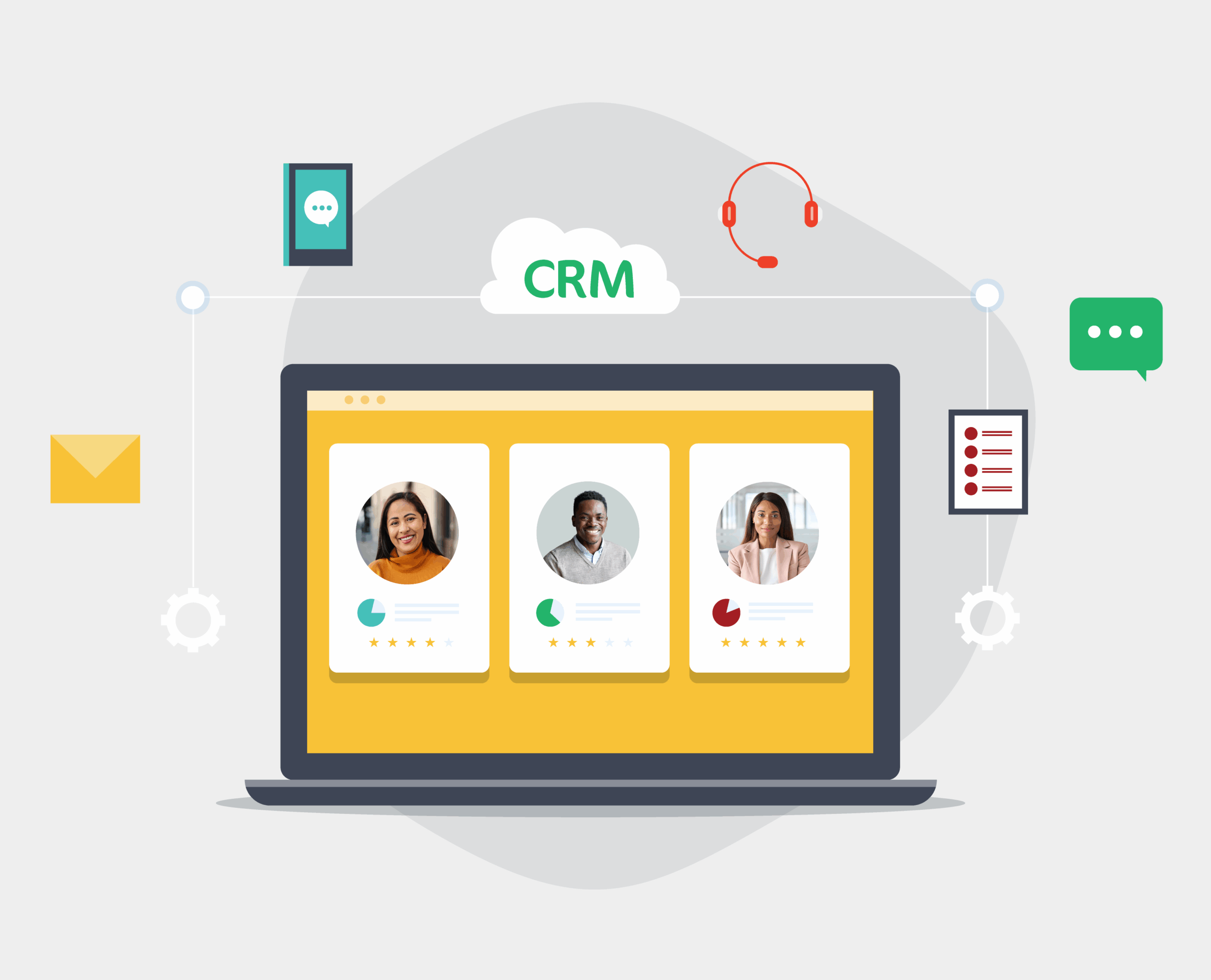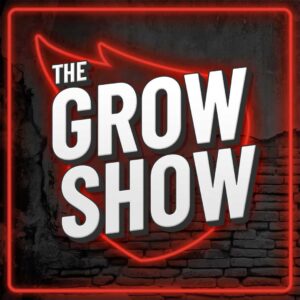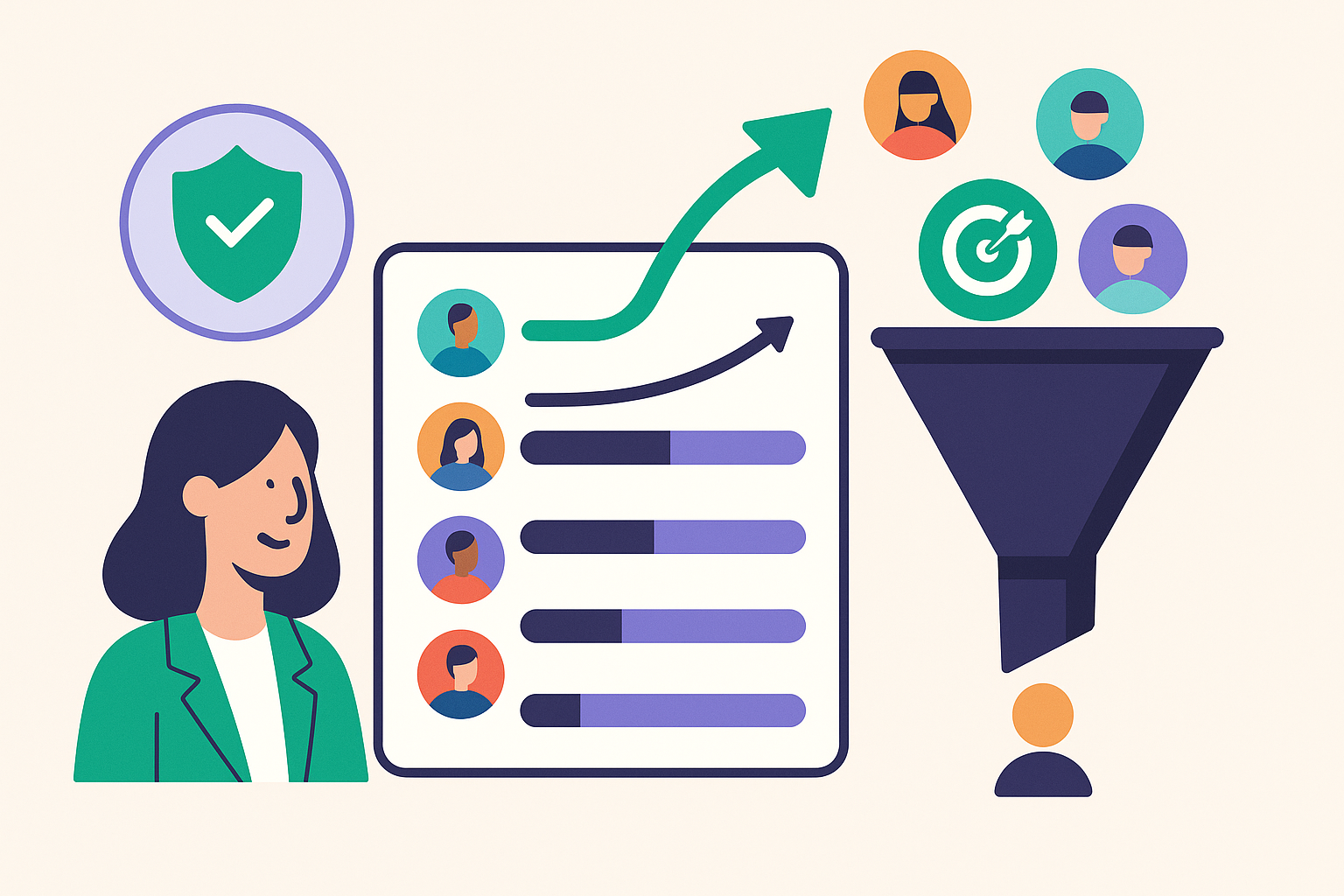In today’s competitive business landscape, effective lead generation isn’t just a priority—it’s a necessity for sustainable growth. The rise of Customer Relationship Management (CRM) systems has completely reshaped how businesses track, manage, and convert prospects into paying customers.
With the right approach, a CRM isn’t just a database—it becomes a powerful growth engine, streamlining lead generation, improving customer engagement, and fueling revenue.
This guide explores proven strategies for CRM lead generation, helping businesses attract more leads, nurture them, and convert them into loyal customers.
Contents
The Role of CRM in Lead Generation
Before diving into specific tactics, it’s critical to understand why CRM systems are central to modern lead generation.
A CRM is the single source of truth for all customer and prospect data, providing teams with complete visibility into every touchpoint. With this centralized hub, businesses can track interactions, analyze behaviors, and build strategies tailored to customer needs.
Enhanced Data Management
Data is the lifeblood of lead generation.
CRM systems collect, organize, and segment data at scale, empowering businesses to:
Group prospects by demographics, industry, or buying behavior.
Identify high-value segments for targeted campaigns.
Avoid missed opportunities with organized lead tracking.
The result? More relevant outreach and a higher likelihood of conversion.
Improved Customer Insights
A CRM doesn’t just store data—it transforms it into actionable intelligence. By tracking how leads interact with content, campaigns, and sales teams, businesses gain visibility into:
Trends in customer behavior.
Common obstacles in the buyer’s journey.
Indicators of purchase readiness.
Armed with these insights, companies can deliver personalized messaging and offers, creating stronger connections and increasing close rates.
CRM Lead Generation Strategies
Once your CRM foundation is in place, you can implement strategies to capture, nurture, and convert leads more effectively.
1. Optimize Your Lead Capture Forms
Your forms are often the first point of conversion.
To increase submissions:
Keep fields short and focused on essential information.
Use progressive profiling to collect additional data gradually across multiple touchpoints.
Ensure a mobile-friendly design for a seamless user experience.
Simplifying the process reduces friction, improving both form completion rates and lead quality.
2. Leverage Automated Workflows
CRM automation is a game-changer for lead nurturing.
Automated workflows can:
Trigger personalized email sequences after form submissions.
Assign follow-up tasks to sales reps in real time.
Send timely reminders to prevent leads from going cold.
Pro Tip: Automated workflows ensure consistent communication, allowing your team to focus on building relationships rather than manual tasks.
3. Utilize Social Media Integration
Social platforms are goldmines for prospect engagement.
By integrating your CRM with channels like LinkedIn or Facebook, you can:
Capture leads directly from social campaigns or chatbots.
Track engagement with ads and posts for smarter targeting.
Engage with leads in real-time, meeting them where they are most active.
This integration strengthens cross-channel visibility and expands your reach.
Strengthening Lead Nurturing With CRM
Lead generation doesn’t stop at capture—it’s about building trust and moving prospects through the funnel. CRM tools make this process seamless and measurable.
1. Personalization is Essential
Modern buyers expect tailored experiences.
Using CRM data, you can personalize:
Emails and messaging with names and relevant details.
Product recommendations based on past interactions.
Timely follow-ups triggered by prospect behavior.
The more personal your outreach, the more valued and understood the lead feels—increasing conversion rates significantly.
2. Implement Lead Scoring
Not every lead is ready to buy.
Lead scoring helps prioritize where to focus by assigning points for actions like:
Website visits.
Email engagement.
Content downloads or demo requests.
With this system, sales teams focus on high-intent prospects, improving efficiency and closing rates.
3. Regularly Review and Adjust Strategies
CRM lead generation is an ongoing process.
Regularly analyze:
Conversion rates.
Channel performance.
Engagement levels.
Use these insights to refine your tactics and stay ahead of market shifts.
Integrating Content Marketing With Your CRM
Content marketing fuels top-of-funnel growth—and when integrated with a CRM, it becomes even more powerful.
1. Create Valuable, Educational Content
Offer resources that solve specific problems for your target audience:
Blog posts
Webinars
eBooks
Video tutorials
When a lead engages with this content, your CRM captures the interaction, giving you actionable data for tailored follow-ups.
2. Use Content for Lead Segmentation
Engagement with specific content signals interest in certain solutions.
Example:
A lead downloads a guide on “Scaling Operations.”
Your CRM tags them for a targeted nurture sequence around process improvement.
This level of segmentation creates laser-focused campaigns with higher ROI.
3. Measure Content Performance
Your CRM’s analytics reveal which content drives:
The most traffic.
The highest conversions.
The strongest engagement.
This data ensures your marketing team invests only in content that generates measurable pipeline growth.
Aligning Sales and Marketing With CRM
A CRM is most effective when sales and marketing teams work in harmony.
1. Align Goals and KPIs
Shared goals prevent misalignment.
Examples:
Marketing focuses on lead volume and quality.
Sales prioritizes conversion rates and revenue.
Regular check-ins ensure both teams stay on the same page.
2. Share Data and Insights
A CRM provides real-time transparency, allowing both teams to:
Understand lead behavior.
Identify what messaging works best.
Adjust strategies quickly.
Data-driven alignment leads to smarter decisions and higher performance.
3. Create a Continuous Feedback Loop
Encourage open feedback between teams:
Sales provides insights on lead quality and buyer objections.
Marketing shares engagement metrics and campaign performance.
This collaboration enables constant optimization of both messaging and targeting.
Measuring CRM Lead Generation Success
Tracking performance metrics ensures you know what’s working—and what isn’t.
1. Track Conversion Rates
Percentage of leads that become paying customers.
Segment by channel to identify the highest-performing sources.
2. Analyze Lead Sources
Understand which campaigns or channels deliver qualified leads.
Reallocate resources to the highest ROI channels.
3. Monitor Customer Lifetime Value (CLV)
A high CLV signals you’re not just generating leads—you’re attracting long-term, loyal customers.
This insight helps refine retention strategies and improve ROI.
Conclusion: Unlocking CRM Lead Generation Success
A CRM isn’t just a sales tool—it’s the backbone of modern lead generation.
When used strategically, it empowers businesses to:
Capture more leads efficiently.
Nurture them with personalized, automated outreach.
Align teams for predictable, scalable growth.
By tracking key metrics and continuously optimizing, your CRM becomes a growth engine that turns prospects into loyal customers, driving revenue and long-term success.
Elevate Your CRM Lead Generation With Abstrakt
At Abstrakt, we help businesses across the U.S. and Canada maximize the power of their CRM systems. From strategy and content creation to pipeline management, our team ensures your CRM works harder—delivering high-quality leads and measurable growth.
Ready to transform your CRM into a true revenue engine?
Learn more about Abstrakt’s B2B lead generation expertise today.

Madison Hendrix
Madison has worked in SEO and content writing at Abstrakt for over 5 years and has become a certified lead generation expert through her hours upon hours of research to identify the best possible strategies for companies to grow within our niche industry target audiences. An early adopter of AIO (A.I. Optimization) with many organic search accolades - she brings a unique level of expertise to Abstrakt providing helpful info to all of our core audiences.
- Madison Hendrix
- Madison Hendrix





